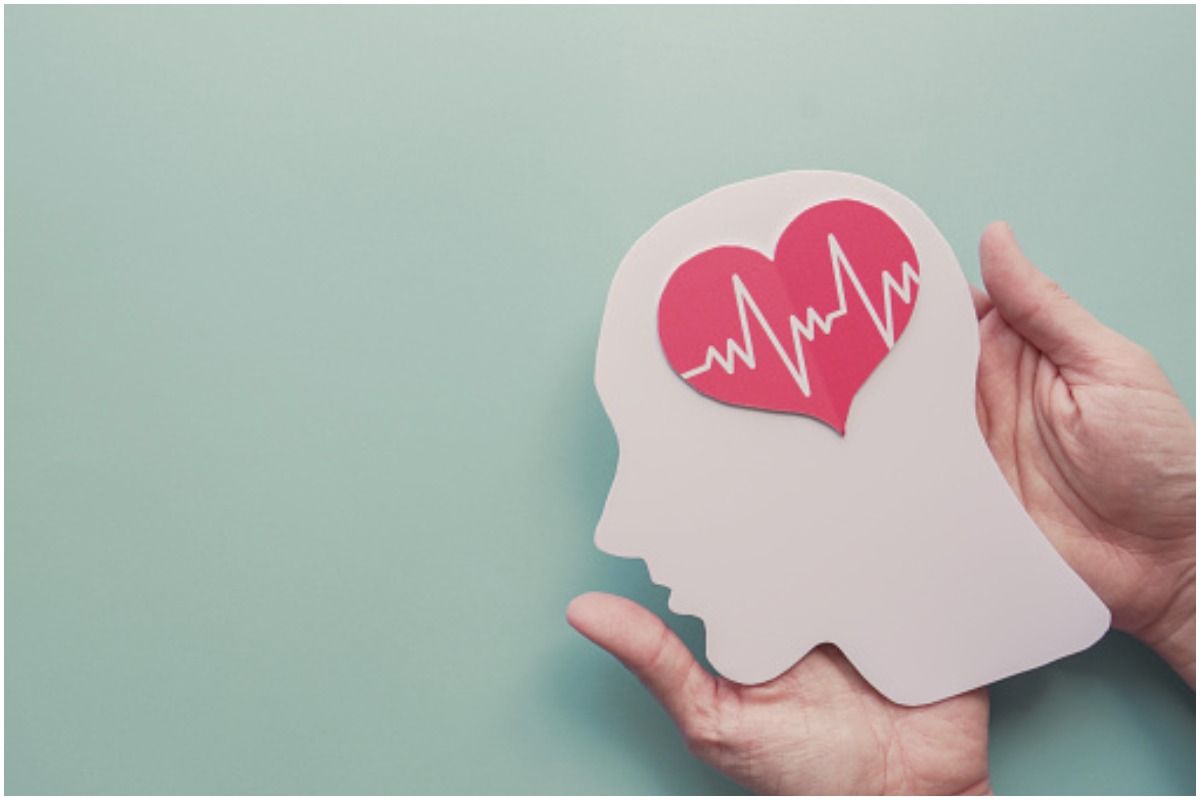
Stroke is a medical emergency, which is responsible for a lot of deaths, disabilities and suffering. It robs the young and old alike of many years of healthy living around the world and in India. The current scenario is bad, but prediction for the future is worse, as low to middle-income countries like ours are expected to contribute to 80% of world stroke burden by 2050.Also Read – Worried if Lipstick Might Damage Your Lips? 5 Tips to Protect Your Lips if You Use Lipstick Daily
Studies have shown that as much as up to 88 % of all strokes are due to modifiable risk factors like hypertension (high systolic blood pressure), high cholesterol, diabetes (high blood sugars), smoking, low physical activity, unhealthy diet, and abdominal obesity (high body-mass index [BMI]). Among these, abdominal obesity has been identified as the fastest-growing risk factor for stroke in the last two decades. Also Read – Sushmita Sen Birthday: Sushmita Sen’s Toned-Body At 46 Is Jaw Dropping | Watch Video To Know Her Fitness Secrets
Unhealthy Diet and Stroke
Processed foods that contain high sodium have been shown to increase the risk of stroke by 13%. High sodium intake has been linked with high blood pressure, which is the most important risk factor linked with stroke. High sodium intake per se has been showing to increase stroke risk by 24%. High sugar intake causing weight gain has been linked to increased stroke risk. One of the studies done in USA showed that 52% of stroke-related deaths could be attributed to an unhealthy diet. Amongst the individual dietary components, low consumption of fruits, vegetables, high sodium intake, reduced whole grains was linked to the highest stroke-related mortality. Also Read – Pregnancy Health Tips: Simple And Safe Exercises For Pregnant Women To Follow In First Trimester, Watch Video
Two studies that were done in North and South India found that high blood pressure was the most important risk factor associated with stroke. Patients who suffered a stroke were found to consume a diet that was high in calories and saturated fats, and low in terms of vegetables and fruits. High saturated fatty food intake was also the pattern found in diabetic patients who suffered stroke.
Smoking tobacco (which contains 7000 toxins) and alcohol can narrow the blood vessels of the brain, cause irregular heartbeat and increase blood pressure, all of which can increase the risk of stroke.
Dietary and Lifestyle Approaches to Prevent Stroke
The Mediterranean and Dietary Approaches to Stop Hypertension (DASH) diets recommend olive oil, nuts, fruits, vegetables, moderate amounts of fish and poultry; low consumption of dairy products and sweets to reduce the risk of stroke by reducing blood pressure, cholesterol and blood sugar levels. This diet is high in fiber, vitamins, minerals, unsaturated fatty acids and low in sodium and saturated and trans fatty acids. Each 200 g/day fruits and vegetables has been shown to reduce stroke risk by 16% and 13% respectively. Likewise, green tea and whole grains have also been shown to decrease the risk of stroke.
The American Heart Association recommends 150 minutes of moderate aerobic activity per week for optimal health. Quitting smoking and reducing alcohol consumption will help reduce the risk as well.
Identifying The Symptoms
Prompt recognition of symptoms of stroke is paramount as timely treatment within the golden hour increases the chances of improvement.
B – Loss of Balance
E – Loss of vision in one or both Eyes
F – Face looks uneven or droops on one side
A-Arm weakness or paralysis on one side
S – Trouble Speaking or confused
T – Time to call ambulance or take the patient to the hospital without delay.
Anyone showing these symptoms should be rushed immediately to the nearest Stroke ready hospital. Change in attitude towards a healthy diet and lifestyle needs more than simple advice or a brochure. It is the need of the hour to significantly reduce the economic and health burden of our country.
(With inputs by Dr. Sudhir Kumar, MD (Medicine), DM (Neurology), Senior Consultant Neurologist, Institute of Neurosciences, Apollo Hospitals, Jubilee Hills, Hyderabad)
Stay connected with us on social media platform for instant update click here to join our Twitter, & Facebook
We are now on Telegram. Click here to join our channel (@TechiUpdate) and stay updated with the latest Technology headlines.
For all the latest Lifestyle News Click Here
